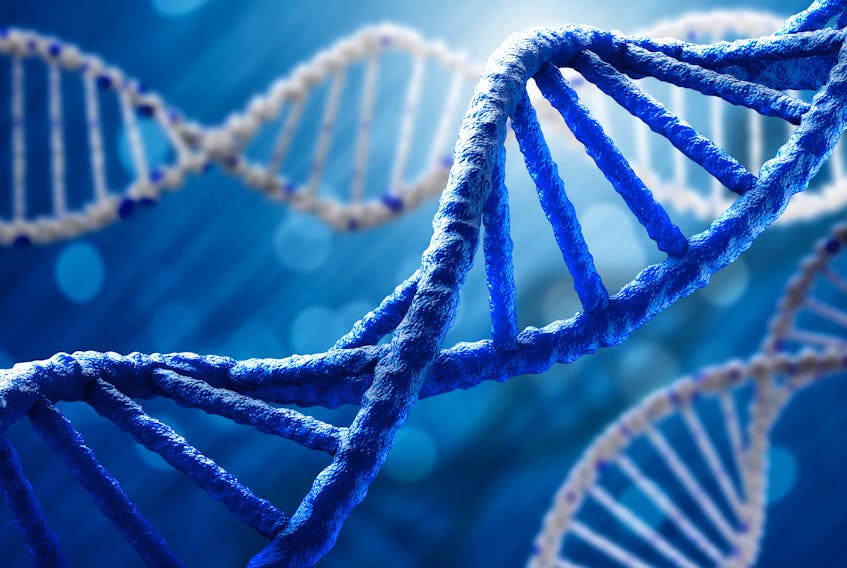What if finding out your biological roots actually uproots you?
No one probably expects it: you get your ancestry mapped by a popular service like AncestryDNA — it’s just spitting in a vial and paying the money, and millions of people have done it — and wait to find out if your background is what you think it is.

Some people check out their heritage because they are curious, almost as a lark. Family members sometimes even give the tests as presents. (One of my brothers has done it — I’m tempted, but I’m a writer by nature, and I’m attracted more by family lore than family fact.)
But there’s a hazard involved that you might not be thinking of (and no, I’m not talking about the much-publicized cases of racists discovering that the vaunted “racial purity” they are so proud of isn’t real).
No, I’m talking about what’s called an NPE — a non-paternity event.
In other words, you might not be just who you think you are.
It happens when family members take DNA tests, compare results and discover that they don’t share the same DNA.
A growing number of people are tripping over exactly that kind of secret by DNA accident— enough people that there’s a closed Facebook support group called DNA NPE Friends that has more than 1,000 members. (You can join by going to their gateway if you’ve had the DNA experience — search “DNA NPE” on Facebook and it will take you to instructions about joining.)
In this province, I’ve heard of several cases where, if a teenaged daughter got pregnant, her parents might raise the child as their own, choosing not to reveal the child’s parentage.
A person could discover their sister is actually their mother.
They could also discover that the person they thought was their father wasn’t their father after all — and that he didn’t even know it.
It’s not that far-fetched: years ago, people could not have known that genetic mapping might arrive to reveal a secret kept tight between just two or three people.
Finding out that where we came from was a lie could be what lights the fuse on a stick of family dynamite.
Sometimes, DNA matching goes further, and actually lets you track down relatives so that you can slowly work out exactly who your missing parent is, and where they might be now.
Sometimes, those secrets last longer than the parents who actually know the truth. Often, by the time you’re thinking about genealogy, you’re old enough that people in your family have started the inevitable march of life’s winking out.
On the one hand, you could say, “What does it matter? I’ll always see the people who spent their time, effort and love raising me as my parents.”
On the other hand, we place a lot of stock in the notion of where we fit; whether you do or not, chances are, someone’s told you that you have your father’s eyes, you mother’s laugh. Who we are often is anchored in where we came from.
Finding out that where we came from was a lie could be what lights the fuse on a stick of family dynamite. Rationally, not one single thing has changed about your relationship with your family — emotionally, it could be a completely unexpected result triggered by innocent curiosity.
When you go looking in your parents’ attic, you don’t always know what you’re going to find there.
I can only imagine going from knowing where you fit, to wondering just exactly how you came to be. And sometimes, no one involved is willing to talk to you about it, or even explain how it happened.
If that’s happened to you and you want to let people know what it’s like from the inside, feel free to get in touch.
Russell Wangersky’s column appears in 39 SaltWire newspapers and websites in Atlantic Canada. He can be reached at [email protected] — Twitter: @wangersky.









